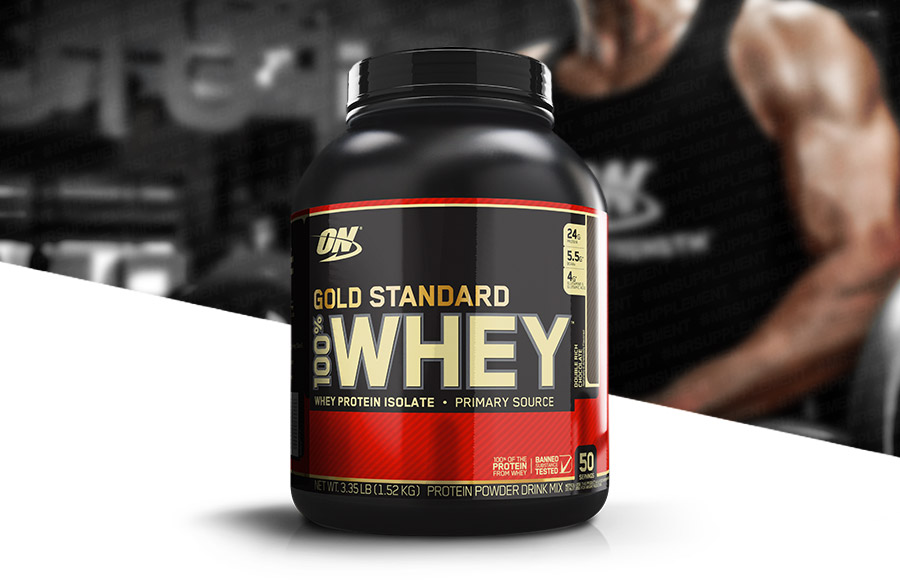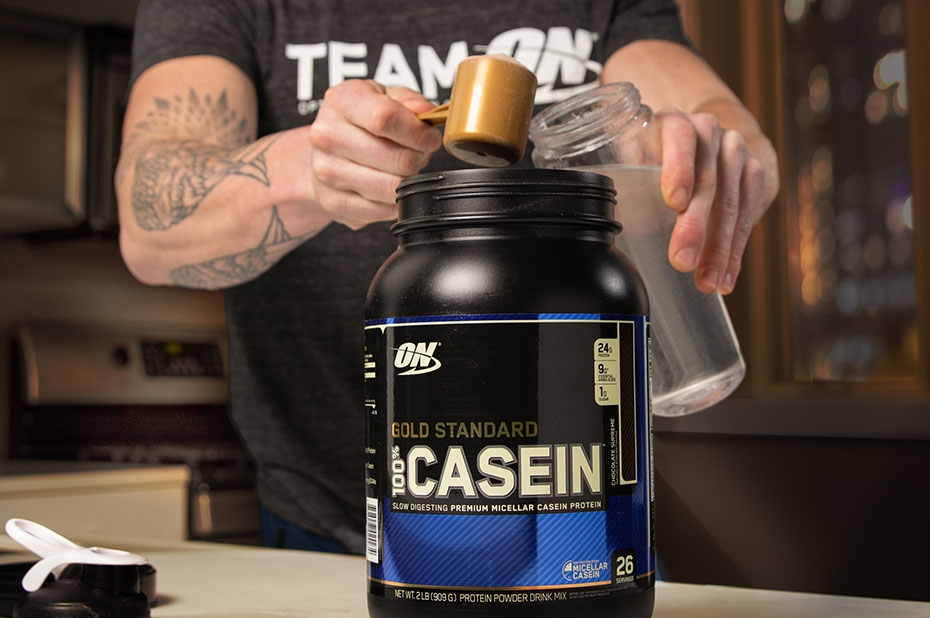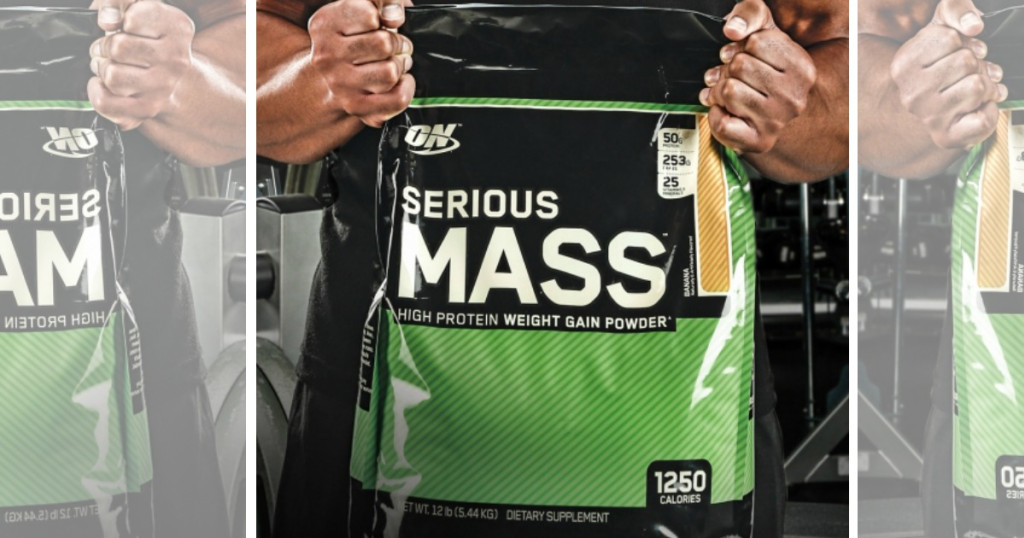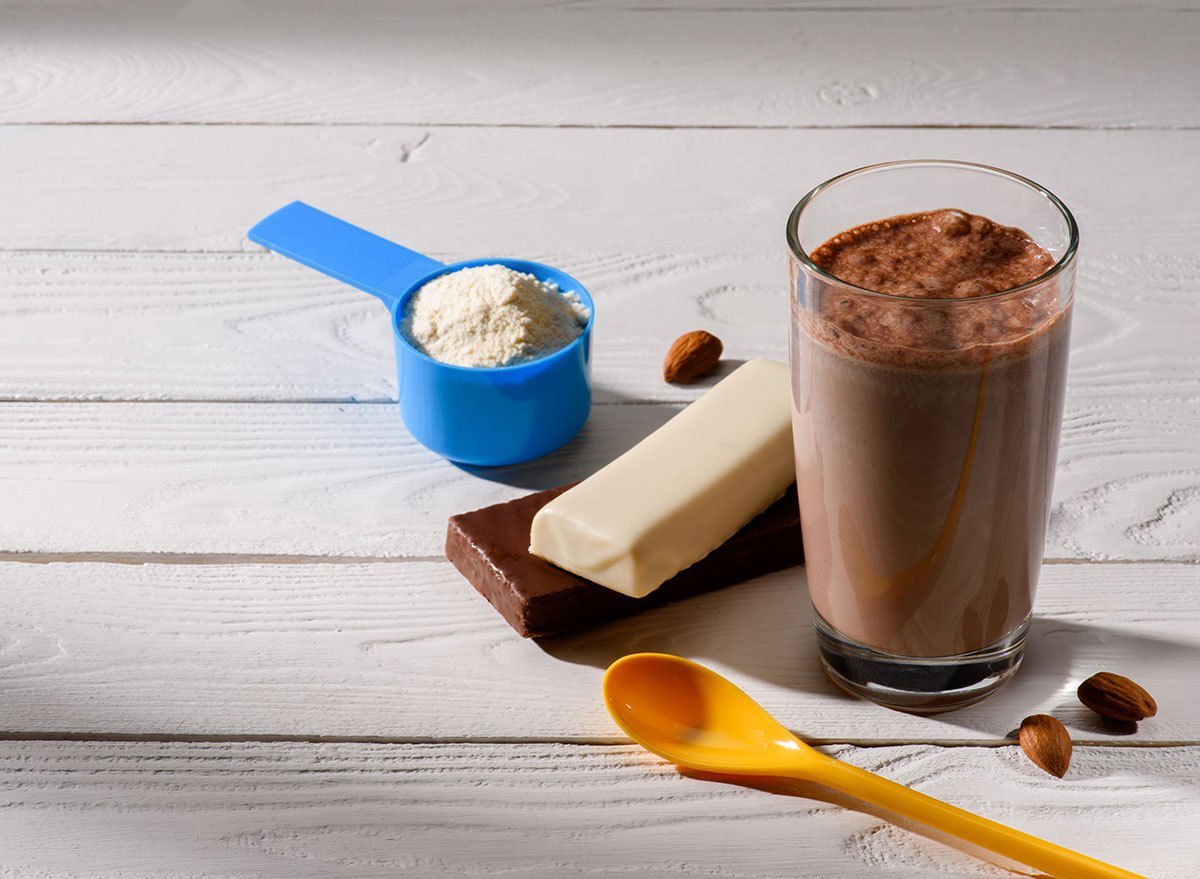
You are what you eat. Everything that you consume becomes part of your inner being and outer fabric. Another way to add protein to your diet that’s both convenient and delectable is through concocting a protein shakes. No, you won’t have to whack a willy to get a penis colada. Most of the food that we eat is immediately used by our body as energy or stored for later use.
But protein is special. Proteins are long chains of amino acids that basically do everything. Protein builds and repairs muscles, skin, blood, bones, and cartilage. It’s an essential nutrient, needed to support the immune system, balance the hormones, and keep the body functioning. It also makes you feel fuller for longer, controls blood-sugar levels, and ensures a sustained release of energy so you’re less likely to want to constantly snack. They break up the molecules of food into little pieces that the blood can carry and burn up food for energy. The hormones that control your body’s processes. They are your immune system and your cardiovascular system.
If you want to build muscle, you’re going to need a lot of proteins that pull, and a lot of proteins that burn food. To make those proteins, you need to consume protein which can be found in a wide variety of food like lean meat, poultry, seafood, nuts, beans and legumes.
Although it is the ultimate protein shake, there’s too much sodium there and if your trainer recommends it to you, he’s probably just jerking around. Kidding aside, protein shakes are important when it comes to recovery, maintenance and even fat loss, so finding the perfect weight loss shake is a huge step towards reaching your dietary goals. And once you found the right protein shake for you and master the art of protein baking, you won’t have to go through sugar crashing, carbohydrate overloading, no more bland healthy food and endless plates of vegetable sadness.
But with more protein shakes options available on the market, finding the right product for the right situation can be tough. In this guide, you’ll find out all you need to know about the options available, allowing you to make the right decision to get the results you want with minimum time, effort and expense.
The Big Three Protein Powders
Whey

This protein is made out of liquid leftover from milk once it has been curdled and strained and is a by-product of the cheese-making process. It is one of the most popular sports nutrition products in the world because of its availability, cost and effectiveness. Once consumed, whey is rapidly digested, then absorbed by your digestive system so it gets into your bloodstream and your muscles very quickly, initiating the recovery and rebuilding process.
This protein powder comes in one of four forms: concentrate, isolate, hydrolysate and native. All four types are abundant in BCAAs, the amino acids that are essential for rebuilding and repairing the muscular damage caused by working out. Some whey products use one type of protein exclusively, typically a higher-quality protein source for a premium product, or an inferior type to keep the cost down. Other products contain different combinations of whey, as well as other sources of protein, such as casein or soy, again depending on the product’s recommended use or to reduce manufacturing costs.
Casein

This main type of protein found in dairy, making up around 80% of the protein content of cow’s milk. Whereas whey protein is rapidly absorbed by your body, making it the perfect post-workout protein source, you break down and digest casein much more slowly, over many hours, to give a slow and sustained release of amino acids into your bloodstream and then to your muscles.
To fuel your muscles with the essential nutrients they need to repair and rebuild muscle tissue, supplement with a casein protein shake just before bed. The slow-release digestion of casein makes it the perfect source of protein to drip-feed amino acids into your muscles during the night to build new lean muscle mass during sleep while your body recovers from the effects of training.
Weight Gainer

If you’ve consistently struggled to add muscular size despite following a challenging training program and a high-protein diet, you might need to consider a high-calorie protein powder that also includes a significant amount of carbohydrates. Known as weight gainers, these products can include multiple forms of protein as well as quick- and slow-release carbs to dramatically increase your calorie consumption to help build more muscular size.
Weight-gainer products are typically used by bodybuilders during a bulking phase when they want to add as much muscle mass as possible, even if that means storing some extra fat, or by serious athletes who burn a lot of calories through training and don’t want to be in a daily calorie deficit (burning more than they consume). If you’re a “hard-gainer” or ectomorph who has always struggled to add muscle mass despite training and eating right, you may benefit from the extra energy these products provide to ensure your body is always in a calorie surplus so it has the fuel it needs to grow muscle.
Other Types of Protein Powder
If you follow a strict diet or have allergies to dairy, you may want to consider some vegan and hypoallergenic protein powder alternatives. Here’s what you need to know about the most common other sources.
Egg Protein
A powder made from separating and dehydrating egg whites from the yolk.
Pros: It is a complete protein source, containing all the essential amino acids, as well as other health-boosting vitamins and minerals.
Cons: It is one of the more expensive options, favors are often limited and not as tasty. And obviously, it can trigger a reaction if you have an egg allergy.
Soy Protein
One of a handful of plant sources to contain all the essential amino acids, soy is hulled and dried into a flour, then concentrated or isolated into powder form.
Pros: One of the few vegetarian sources of a complete protein and also wallet-friendly.
Cons: Research suggests that soy can increase levels of the female sex hormone estrogen (which encourages fat storage), and the plant is often genetically modified to boost crop yields.
Rice Protein
Rice is known as a source of carbs, but brown-rice contains around 8g of protein per 100g, which is isolated and ground into powder.
Pros: Ideal for vegans and those with dairy, soy or gluten allergies, it also contains B vitamins.
Cons: Not a complete protein source, so you’ll need other forms of protein to get all the essential amino acids.
Hemp Protein
Derived from the seeds of the cannabis plant, hemp protein has gained popularity as a hypoallergenic protein source that’s also high in essential fatty acids.
Pros: A high-fiber vegan protein source that’s also ideal for those with common food allergies. If you’re worried about THC, the psychoactive compound in cannabis, don’t be – it’s absent from hemp protein.
Cons: It’s low on leucine, one of the most important amino acids for muscle growth.
Pea Protein
Made from the golden, not garden, pea plant, this is a slow-release type of protein much like casein. And don’t worry, it comes unflavored.
Pros: A vegan-friendly alternative to night-time casein for a gradual release of amino acids overnight.
Cons: It’s not a complete protein source so you can’t rely on it alone, and you may want to blend with other ingredients to improve the taste.
FAQs:
Do I need a protein powder?
A person’s protein needs are determined by both their weight and activity level. The bare minimum recommended protein intake in grams is about 0.36 grams per pound of body weight per day. Still, taking in more protein than this can be very helpful for increasing your metabolism, building lean muscle tissue, feeling more satiated by meals, and even boosting your immune system. Powdered protein offers a quick and easy way to increase your daily intake.
A fast-digesting protein such as Whey is especially useful after training when you might not feel like sitting down to a proper meal. Casein, a slow-release protein, is a great option before bed because it feeds muscle-building amino acids into your bloodstream overnight to rebuild muscle tissue as you sleep.
It’s worth noting that protein shakes are “supplements” designed to fill in the nutritional gaps of a complete and varied diet. Getting most of your daily dietary protein from red and white meat and fish is the best way because you’ll also consume more of the essential vitamins, minerals and other nutrients vital to health.
How should I consume protein powder?
You can drink it with water, mix it with flavored fluids such as milk or coconut water and blend it for a healthy fruit smoothie or even use it as an ingredient to cook with.
How much protein powder should I take?
Serving suggestions for most protein powders are typically around 30g. Research suggests that this is around the ideal amount to repair the damage done by training and initiate muscle protein synthesis, the process through which new muscle tissue is laid down. Research also shows that a high-protein diet can also help reduce body fat levels, so you’ll not only get bigger and stronger but leaner as well.
When should I take protein powder?
After a workout is the most obvious time to consume a protein powder because that’s when your muscles need it most. Drinking a shake of whey protein mixed with cold water or milk within 30 minutes of finishing your training session will initiate recovery by flooding your bloodstream with amino acids, which are quickly shuttled into your muscle cells to become new muscle tissue.
Protein powder can also be taken at other times. Blend a scoop of your favorite flavor with an egg and a banana then cook in a pan to make some high-protein breakfast or dessert pancakes. And it’s especially useful to have to hand to make a shake when you’re out and about all day and don’t have time to eat a proper meal.
Is it true that women shouldn’t consume protein powder because doing so will make them bulky?
Whether it’s in powder form or not, protein in isolation can’t make women “bulk up” or gain muscle. It can’t make men automatically “bulk up” and gain a lot of muscle either, not unless they train for it and eat a surplus.
When it comes to women, we simply don’t have the testosterone to turn into female bodybuilders overnight. Muscle building is just not that easy; it takes years of focused dedication, strength training, and commitment. So eat your protein powders at will—they won’t transform you into the Hulk. No protein powders will, in isolation, give you immense musculature or change your body composition. They won’t burn fat or “tone” your body either. Only a solid exercise program, rest, and an appropriately designed diet will do that.
When it comes to any form of nutrition, you want to make sure to fuel your body with the highest nutritional value of foods possible. These foods are those that are digested easily and effectively in the body, that contain some form of macronutrient (protein, fat, carbohydrates) as well as containing micronutrients (vitamins, minerals, enzymes and phytonutrients) which help to keep your immune system strong so you recover and bounce back from exercise or illness quickly. When picking out the protein powder, deconstruct the ingredients label first, do your research and as much as possible try to stay away from protein powder with aspartame or other artificial ingredients.
You may also want to read: WHAT IS CREATINE – YOUR GUIDE TO START TAKING CREATINE
Comments
0 comments


Nice post. I used to be checking constantly this weblog and I’m impressed! Very useful information specially the closing phase 🙂 I handle such information much. I used to be seeking this particular information for a long time. Thanks and good luck.
I am an investor of gate io, I have consulted a lot of information, I hope to upgrade my investment strategy with a new model. Your article creation ideas have given me a lot of inspiration, but I still have some doubts. I wonder if you can help me? Thanks.
Precisely what I was searching for, regards for putting up.
Your point of view caught my eye and was very interesting. Thanks. I have a question for you.